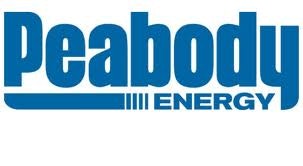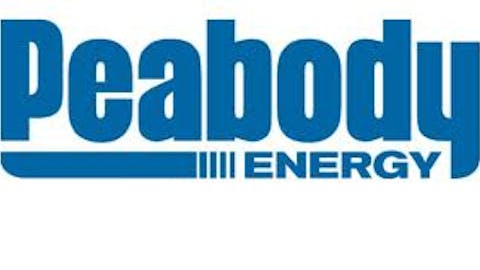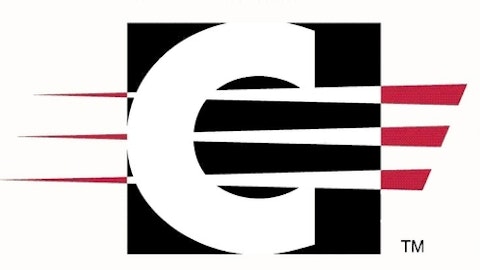Most Americans probably think that coal is dead. Many coal towns are turning into ghost towns as the country moves away from using it to generate electricity in favor of cleaner, cheaper natural gas. That’s why many coal producers are turning their eyes to the export market to make up for lost sales in the United States.
The numbers are quite compelling, as last year coal consumption stateside dropped by 11.9% over 2011. On the other hand, countries such as China and India are importing record volumes of coal. That should only increase, as worldwide there are more than 75 gigawatts of coal generation scheduled to come online this year. That will require 225 metric tons per year of coal, which is why producers see seaborne thermal coal demand increasing 50 million tonnes on growing Asian demand alone. It’s easy to see why many investors and producers are encouraged by the export market.
What’s interesting is that with the push-back from several West Coast locales to not allow coal export facilities to be built, it’s really consolidating the coal market around a few select cities. In fact, five customs districts accounted for 90% of March U.S. coal exports: Norfolk, Va.; New Orleans; Baltimore; Mobile, Ala.; and Houston-Galveston, Texas.

Source: Energy Information Administration.
Let’s take a closer look at the impact coal has on these cities and the surrounding area.
Norfolk
The Norfolk area is home to coal-terminal operator Dominion Terminal Associates, among others. The facility is jointly owned by Peabody Energy Corporation (NYSE:BTU), Arch Coal Inc (NYSE:ACI), and Alpha Natural Resources, Inc. (NYSE:ANR), which use it to ship coal around the world. It’s a state-of-the-art facility that features many environmental safeguards to keep the 1.7 million net tons of coal storage capacity from causing any environmental damage. Overall, coal exports provide significant economic benefits to Norfolk as well as the state of Virginia as a whole. It’s estimated that coal exports contributed to more than 19,000 jobs to the state and added $2.5 billion in related economic value.
New Orleans
Peabody Energy Corporation (NYSE:BTU), along with Kinder Morgan Energy Partners LP (NYSE:KMP), is using port terminals near New Orleans to export coal that’s sourced from Peabody’s Powder River Basin and Illinois Basin-sourced coal. Kinder Morgan’s International Marine Terminal in Myrtle Grove is currently being expanded to handle the increased coal volumes from Peabody. Alpha Natural Resources, Inc. (NYSE:ANR) also has export capacity in the areas as coal is moved through the United Bulk Terminal and Kinder Morgan’s International Marine Terminal. Overall, coal exports accounted for about 2,700 jobs and added nearly $300 million in economic value to the region.
Baltimore
Pittsburgh-based CONSOL Energy Inc. (NYSE:CNX) uses its wholly owned Baltimore coal terminal to export its coal to four continents, including many Asian destinations. The company sees the potential to export 5 to 10 metric tons of coal exports this year from the facility. Overall, coal exports account for more than 11,000 jobs in Maryland and about $1 billion in economic value.
Mobile
The McDuffie Coal Terminal in Mobile is one of the largest coal terminals in the United States. The facility has total annual throughput capacity of 30 million tons, as well as 2.3 million tons of ground storage. Like most other Gulf Coast coal terminals, exporters are looking at capacity expansion options to get more coal onto the world markets. Currently, coal exports contribute about $1.6 billion in economic value to the state of Alabama, as well as more than 12,000 jobs.





